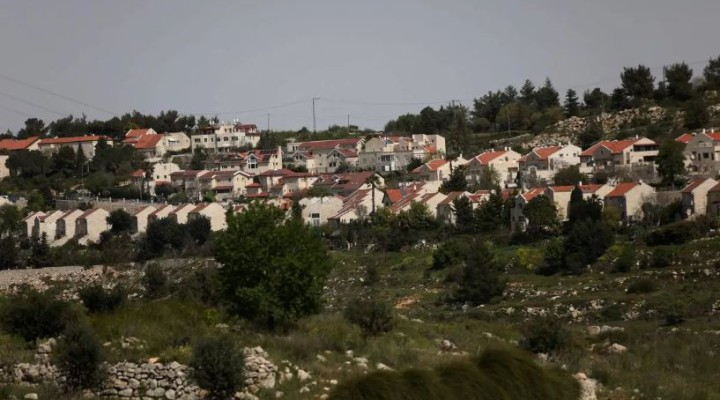
As the Western-approved, slow genocide continues in the occupied West Bank, Israel’s Finance Minister Bezalel Smotrich described the Zionist regime’s approval for 5,300 new settlement units as “thwarting the danger of a Palestinian state”. Meanwhile, the designated legitimising of five settlement outposts, according to Smotrich, are in retaliation for the five countries – Spain, Slovenia, Ireland, Armenia and Norway – that have recently recognised a Palestinian state. Israel plays politics like a squabbling toddler, only with deadly repercussions.
“A Palestinian state in the heart of Israel is an existential danger,” declared Smotrich. How about the existential danger of the Israeli colonial entity in the heart of Palestine? The danger stems from Israel and the creation of a settler-colonial state in historic Palestine, but the two-state rhetoric is now protecting both settlement expansion and genocide.
“Unilateral actions like settlement expansion and legalisation of outposts, they are detrimental to a two-state solution,” said US State Department Deputy Spokesperson Vedant Patel. As is supplying weapons to Israel to eradicate Palestinians in Gaza, Mr Patel, but focusing on settlement expansion as the only threat not only normalises the usual rhetoric on Israel’s unilateral, de-facto annexation of Palestinian territory, but also normalises the deafening silence in your neighbourhood about genocide.
The two-state paradigm, long defunct, only has one role to play, and that is to protect Israel’s colonial enterprise.
The Palestinian Authority has recently upped its hyperbole by including the word colonists and colonisation in its statements, but does nothing to distinguish itself in actually condemning colonialism. On the contrary, its statements remain completely beholden to the colonial narrative by failing to articulate that the international consensus is not anti-colonial. In its typical style, the PA’s official news agency Wafa described settlement activities as reflecting “official Israeli disregard for the international consensus rejecting colonisation as an obstacle to the two-state solution.”
Colonisation is not an obstacle to the two-state paradigm, though, it is protected by it. The two-state “solution” is not a decolonial project; it enables Israel to retain its settler-colonial character while Palestinians still grapple with territorial loss in the hypothetical two-state scenario.
Moreover, while phrases such as two-state solution and international consensus are still flung around despite being devoid of meaning, settlement expansion in the occupied West Bank and genocide in Gaza are illustrating to all governments and international institutions just how Israel has rendered international law useless.
Forced displacement is happening in Gaza and the occupied West Bank at varying paces, the swiftest being in Gaza where it is estimated that 1.9 million have been forcibly displaced since 7 October. “We estimate that nine in every 10 people in the Gaza Strip have been internally displaced at least once, if not up to 10 times, unfortunately, since October,” said the head of the UN Office for the Coordination of Humanitarian Affairs, Andrea de Domenico. In the Occupied West Bank, it is estimated that 16,709 Palestinians have been displaced from 2009 to date.
And what happens in Gaza if Israel determines that Hamas has been obliterated? Colonising Gaza with settlements is high on the agenda for Israel’s far-right National Security Minister Itamar Ben Gvir. “Only by a dense presence of Jewish settlements throughout Gaza will it be possible to prevent the continuation of terrorist threats and deter the enemy,” said the Knesset’s lobby group pushing for colonial resettlement of the Gaza Strip. Only Israel’s Western backers refuse to connect the dots.
https://www.middleeastmonitor.com/20240704-settlement-expansion-genocide-and-the-two-state-paradigm/

Ramona Wadi
Ramona Wadi is an independent researcher, freelance journalist, book reviewer and blogger. Her writing covers a range of themes in relation to Palestine, Chile and Latin America.
 TheAltWorld
TheAltWorld
0 thoughts on “Settlement expansion, genocide and the two-state paradigm”